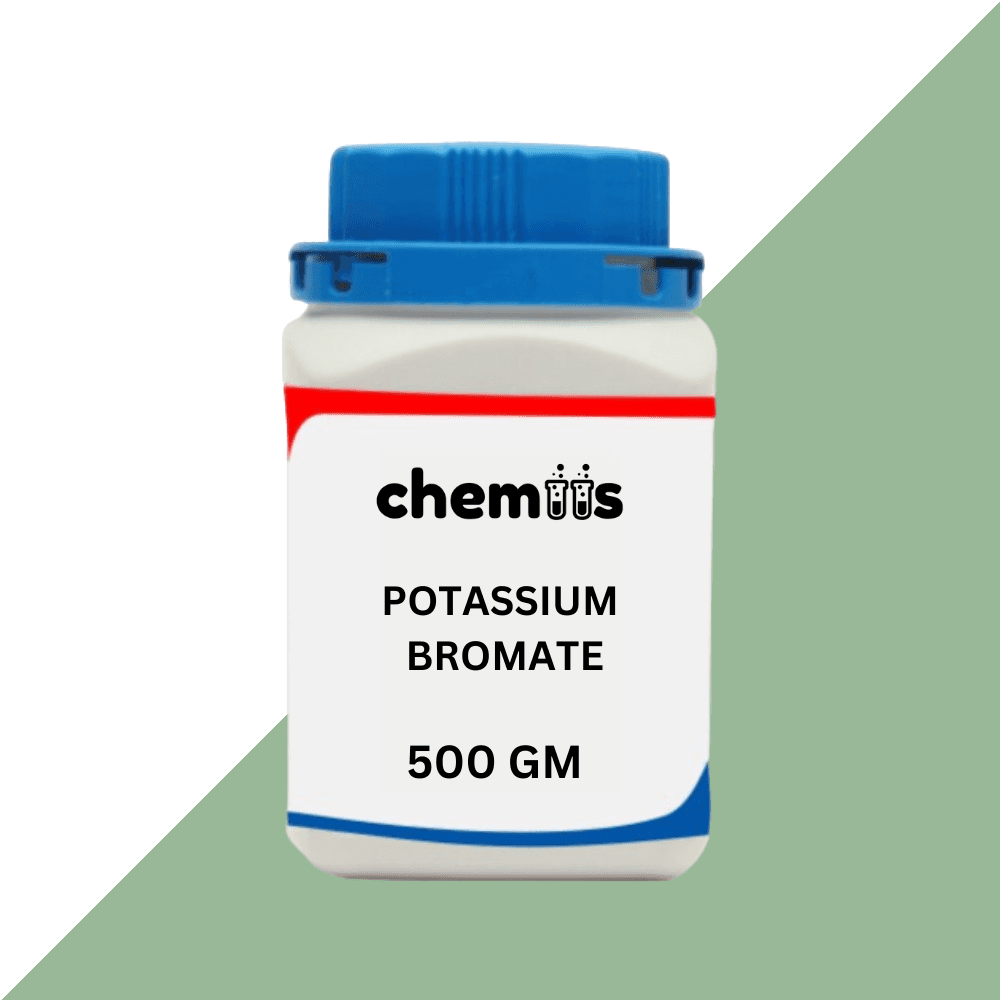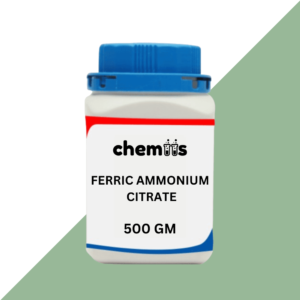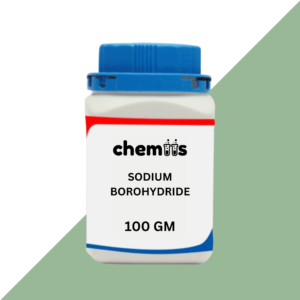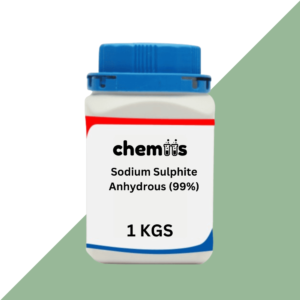Potassium Bromate (KBrO₃) is a chemical compound commonly used as an oxidizing agent in various industrial applications. It is typically found as a white crystalline powder that is highly soluble in water. Potassium Bromate has significant use in the food industry, particularly as a flour improver, where it enhances dough strength and elasticity in bread-making. Additionally, it is utilized in chemical synthesis, water treatment, and in the production of some industrial products such as rubber. Despite its benefits, Potassium Bromate has been the subject of concern due to its potential health risks, including its classification as a possible carcinogen.
Applications
1. Food Industry (Flour Improver)
Potassium Bromate is most widely known for its use as a flour improver in the baking industry. It strengthens dough and enhances the elasticity of bread, making it more suitable for high-quality bread and other baked goods. It helps the dough rise more effectively and contributes to a better texture and appearance. However, the use of Potassium Bromate in food has been banned or restricted in many countries due to concerns over its potential carcinogenicity.
Uses:
- Dough strengthening agent in bread-making
- Enhances elasticity and rise of dough
- Improves texture and volume of baked goods
Benefits:
- Increases the shelf life of bread and baked products
- Provides a finer, more uniform texture in baked goods
- Promotes dough consistency and handling
2. Water Treatment
Potassium Bromate is also used in water treatment, primarily as an oxidizing agent to remove impurities such as organic contaminants and bacteria from water supplies. It is particularly useful in the disinfection process, where it helps to purify water before it reaches consumers. However, its use in drinking water is subject to strict regulatory control due to safety concerns regarding its potential to form brominated compounds.
Uses:
- Water purification and disinfection
- Removal of organic impurities from water
- Treatment of industrial water for reuse
Benefits:
- Improves water quality by eliminating contaminants
- Increases the effectiveness of disinfection processes
- Essential in industrial water treatment systems
3. Chemical Synthesis and Manufacturing
In the chemical industry, Potassium Bromate is used as a strong oxidizing agent in various chemical processes. It facilitates reactions by providing oxygen to other substances, which is essential in the production of certain chemicals and compounds. It is used in the synthesis of bromine-based chemicals, including some flame retardants and other specialty chemicals.
Uses:
- Oxidizing agent in chemical synthesis
- Synthesis of bromine-based chemicals
- Industrial applications in chemical reactions
Benefits:
- Facilitates oxidation reactions efficiently
- Essential in the production of high-value chemicals
- Plays a key role in the synthesis of specialty materials
4. Rubber Industry
Potassium Bromate is used as an additive in the rubber industry to promote the vulcanization process. It acts as a vulcanizing agent, helping to improve the strength, elasticity, and durability of rubber products. This makes it ideal for use in the production of tires, footwear, and industrial rubber components.
Uses:
- Vulcanizing agent in rubber production
- Improves the durability and strength of rubber products
- Used in the manufacture of tires and industrial rubber parts
Benefits:
- Enhances the strength and elasticity of rubber
- Improves the wear resistance of rubber products
- Increases the longevity of rubber products
Safety and Handling
Safety Precautions
Potassium Bromate is a strong oxidizer and can pose serious health and environmental risks if not handled properly. It should be stored and used with care, especially in industries where exposure to food or the public is a concern. Personal protective equipment (PPE) should always be worn, including gloves, goggles, and respiratory protection when necessary.
- Personal Protective Equipment (PPE): Always wear gloves, safety goggles, and appropriate clothing when handling Potassium Bromate. In environments where dust may be generated, respiratory protection (such as an N95 mask) should be used.
- Storage: Store Potassium Bromate in a cool, dry, and well-ventilated area, away from heat and incompatible substances (such as flammable materials). Keep containers tightly closed and properly labeled.
- Handling: Handle Potassium Bromate carefully to avoid creating dust. Avoid inhaling dust or vapor. Ensure good ventilation when using it in industrial processes.
First Aid Measures
- Skin Contact: In case of skin contact, wash the affected area immediately with soap and water. If irritation persists, seek medical attention.
- Eye Contact: If Potassium Bromate comes into contact with eyes, flush them immediately with plenty of water for at least 15 minutes. Seek medical attention if irritation continues.
- Inhalation: If inhaled, move the person to fresh air immediately. If breathing becomes difficult, seek medical attention.
- Ingestion: If swallowed, do not induce vomiting. Rinse the mouth with water and seek medical attention immediately.
Environmental Considerations
Potassium Bromate can be harmful to the environment if not handled and disposed of correctly. It should not be released into natural water systems, as it could potentially harm aquatic life. Always follow local disposal regulations to ensure it is disposed of safely and responsibly.
Regulatory Considerations
Due to health concerns, particularly its potential carcinogenicity, Potassium Bromate has been banned or restricted in food products in several countries, including the European Union and several states in the United States. It is important to stay updated on local regulations regarding its use, especially in the food industry.








Aditya Rawat (verified owner) –
Just as expected.
Hitesh Suri (verified owner) –
Exactly as shown.
Aarav Mehta (verified owner) –
Good service.
Vinay Tiwari (verified owner) –
Received in good time.
Zoya Merchant (verified owner) –
The product is firmly packed.
Ankur Tyagi (verified owner) –
Secure payment options.
Meera Kapoor (verified owner) –
Smooth ordering process.
Ankur Tyagi (verified owner) –
Highly recommended.
Alka Dey (verified owner) –
Very professional service.
Yash Chatterjee (verified owner) –
Item delivered safely.